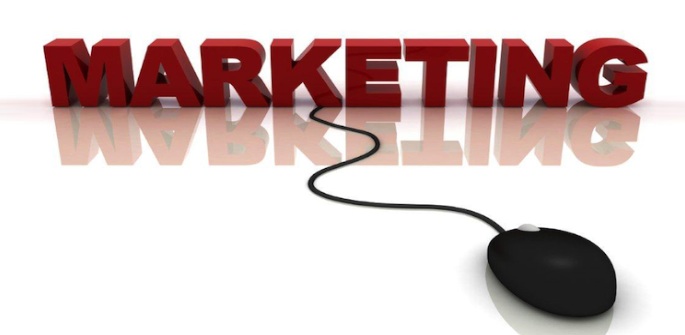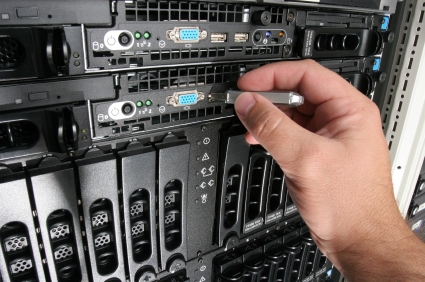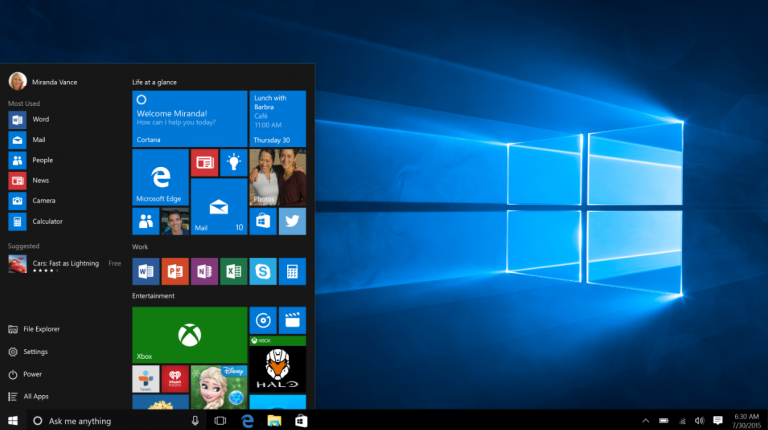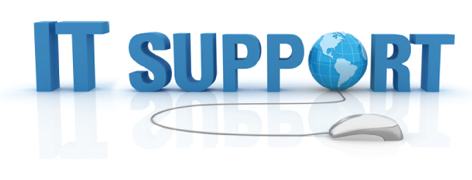- post by: Matt Simon
- April 12, 2016
Technology Marketing
Technology has become instrumental in all areas of life and especially in marketing. Marketing currently requires the use of technology platforms and technology concentrated products. In addition, marketers can no longer ignore the importance and complexity of technology in marketing.
Technology does complement marketing. It has changed the way marketing works, and there exists marketing tools to make life easier. Customers also expect an enhanced experience from marketing campaigns. The campaigns therefore need to make use of rich data and cloud technologies. Furthermore, customers expect customised ads and information when such is presented to them.
When compared to conventional methods like print, technology marketing is both additive and unruly. Print media through magazines, newspapers and direct mail were behind a well-read population. Still, radio and television broadcast technologies are able to relay real-time messages which are an effective way to sell.
The digital era started with the internet and PCs. They make it possible for the customers to get information at their own pace. They are also able to search for products and services directly. Moreover, the customer is further empowered since the introduction of the mobile devices.
You also cannot ignore social media when talking about technology marketing. Information is now everywhere and customers can access it any time. Additionally, there is information from comments by like-minded buyers and friends. Moreover, customers have access to personalised data. Companies are therefore forced to put in place modern marketing structures that can enable them to offer the kind of customer experience that individuals want. It is a challenging transformation that requires killing the status quo, cutting across departments and establishing function skills. Organisations can only achieve this through the following:
Companies are therefore forced to put in place modern marketing structures that can enable them to offer the kind of customer experience that individuals want. It is a challenging transformation that requires killing the status quo, cutting across departments and establishing function skills. Organisations can only achieve this through the following:
- Focusing on customer-centred experiences
- Segmenting and personalising the marketing efforts
- Having a documented procedure for decision making for marketing channels
- Establishing cross-discipline planning and scoring procedures
- Preparing data after considering mutually beneficial experiences
- Having the required applications and data analysis capabilities
- Building and monitoring campaigns and experience as they are rolled-out
The Use of Technology
The rate of adoption of technology has been slow in most companies. You will find about two programs in use in many of these firms as opposed to about nine of the major programs used for marketing. This then creates so much work for marketers who are trying to sell so many products at the same time.
What they do not realise is what they are missing in terms of return on investment that technology marketing is able to achieve. These technologies make it easy to grow leads, revenue and opportunities.
Just like in conventional marketing strategies, technology marketing focuses on getting the right information to the customer and giving them something to act on. The amazing thing with marketing technologies is getting you in front of the exact audience at the right time and with the right offer.
At a minimum, a marketer needs technologies that can achieve the following:
- Analytics: helps to establish what is working and what is not. It also helps to maximise the use of data
- Conversion optimization: this is the use of technologies such as forms to get customer to act after visiting a website
- Email: this is getting potential customers to consent to email communication from your business
- Search engine marketing: this involves the use of ads that link to content that customers search for
- Remarketing: this is providing ads based on a customer search history
- Mobile: the company website and information should be easily accessible through mobile phones
- Market automation: this combines some of the technologies above such as use of forms, tracking users to your website, email, and others.








